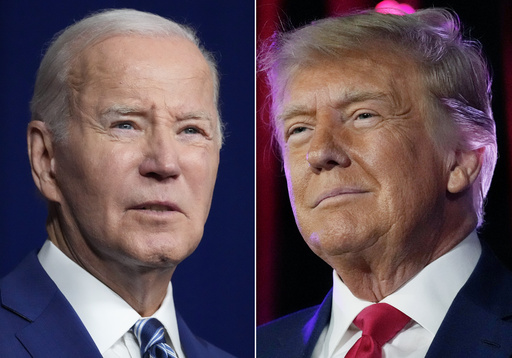Good news emerged Wednesday evening: Israel and Hamas have reportedly reached an agreement to release hostages in exchange for a phased withdrawal of Israeli troops. The deal is set to unfold in three stages.
Trump Claims Credit for the Deal
According to President-elect Donald Trump, the agreement is entirely thanks to his leadership. “This epic ceasefire agreement could only happen as a result of our historic victory in November,” Trump declared. He asserted that the ceasefire was solely his achievement.
However, current President Joe Biden had a starkly different perspective. When asked if Trump deserved credit, Biden responded, “Is that a joke?” He added, “This is the exact agreement I proposed back in May.” Biden emphasized that many parties contributed to the deal, suggesting no accolades for Trump.
Trump’s Threats and Diplomatic Push
Last week, Trump warned that if the hostages were not released before his inauguration, the Middle East would face severe consequences. “Hell will break loose,” he stated, “and it won’t be good for Hamas—or anyone else.”
Trump’s Middle East envoy, Steve Witkoff, reportedly played a role in the negotiations. Israeli media revealed that Witkoff met with Israeli Prime Minister Benjamin Netanyahu last week to demand an end to the conflict. The meeting was described as “intense,” with Netanyahu realizing that Trump was firmly setting the terms.
Biden and International Efforts Also Key
Despite Trump’s claims, Secretary of State Antony Blinken, officials from Egypt, Turkey, and the Gulf region, and other international players also contributed significantly to the agreement. Israeli media confirmed that diplomatic efforts from multiple nations were instrumental in securing the deal, which includes a 42-day ceasefire.
While Trump insists the credit belongs solely to him, the truth reflects a collaborative effort involving leaders from across the globe.



